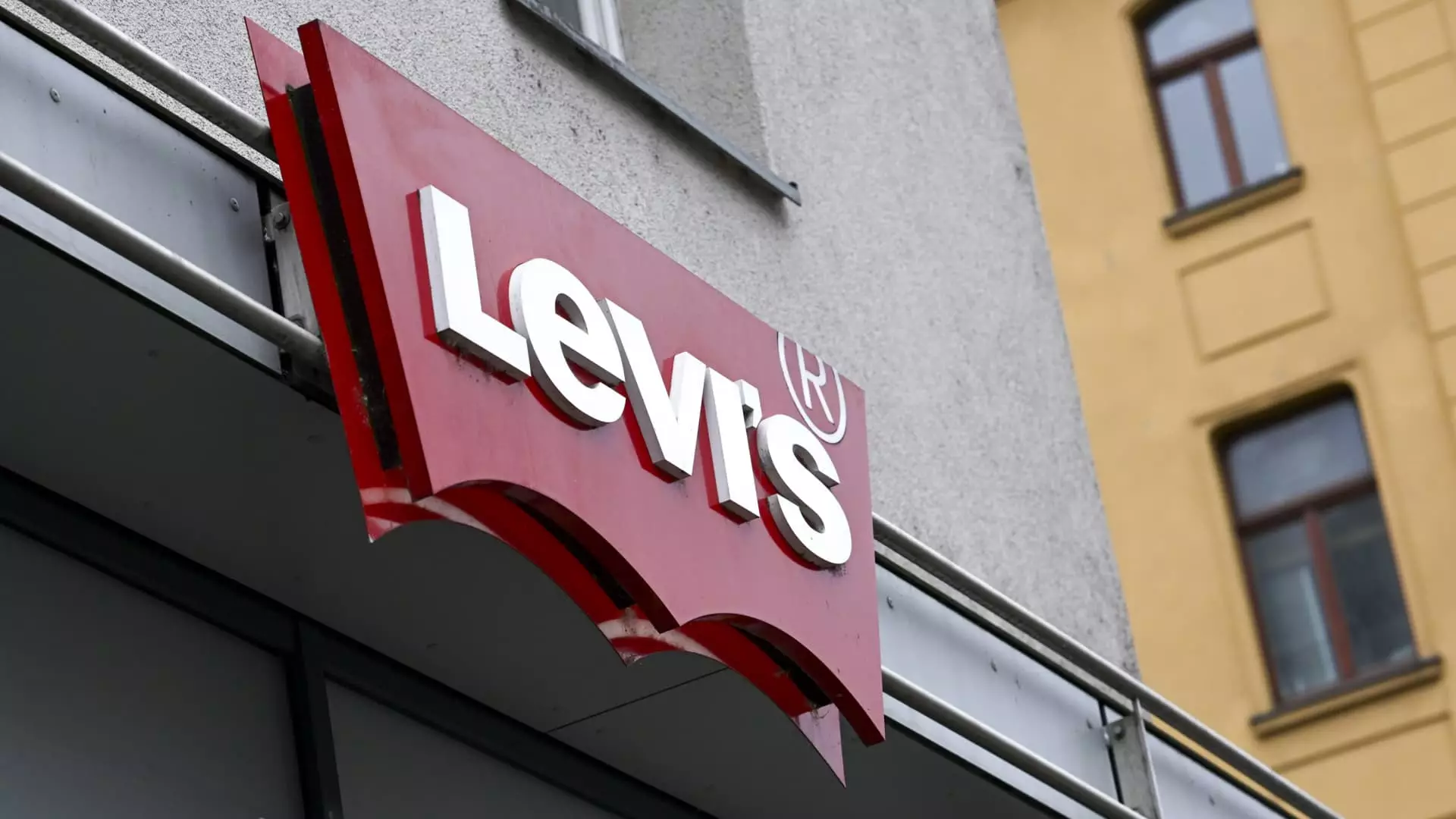In a significant move that signals a shift in the fashion industry, Levi Strauss has decided to offload its Dockers brand to Authentic Brands Group for $311 million. While this transaction is touted as a strategic realignment, it raises fundamental questions about the longevity and relevance of legacy fashion brands in today’s market, where consumer preferences are constantly evolving. This shift represents more than just a financial transaction; it highlights an urgent need for brands like Dockers to adapt or risk extinction in an unforgiving industry.
The Perils of Stagnation in Fashion
Founded in 1986 as a countermeasure to the denim dominance that Levi’s primarily focused on, Dockers enjoyed a successful run during the 1990s and early 2000s. However, like many promising brands that fail to innovate, it has suffered a slow decline in popularity, particularly in the U.S., as the market experiences a denim renaissance. Levi’s CEO Michelle Gass has articulated the necessity of focusing on their core product lines and moving away from less lucrative segments like Dockers, which have become more of a burden than a boon. This decision is not merely about divesting; it’s a recognition of the changing tides of consumer behavior that demand brands evolve to remain relevant.
The casualwear segment has undergone seismic shifts, largely driven by the rise of athleisure and an increasing preference for comfort-driven styles. Despite a rich legacy, Dockers has succumbed to the peril of stagnation, failing to keep pace with modern trends. The irony is that while Dockers still garners respect in international markets, in the U.S., it languishes in the shadows of fashion’s more dynamic participants.
The Role of Brand Management Firms
The involvement of Authentic Brands Group presents an interesting dichotomy. On one hand, their functional expertise in managing and revitalizing brands could potentially breathe new life into Dockers; on the other, one might question whether brand management firms are merely opportunistic entities that reap profits without genuine reverence for the brands they manage. Authentic is already revered for its capacity to license brands quickly and efficiently, showcasing an expansive network that could offer Dockers a foothold in international markets.
Yet, the key concern remains: can a brand that has faltered domestically truly reclaim its prestige under the guidance of a conglomerate? Authentic’s statement about unlocking new opportunities through a global licensing network sounds promising, but one can’t help but wonder whether the essence of Dockers—the very identity that led to its initial success—might get diluted under such management practices.
Looking Ahead: Potential vs. Genuine Legacy
From a strategic standpoint, Authentic’s focus on regions like Latin America, Europe, the Middle East, and Asia highlights a forward-thinking approach that attempts to capitalize on markets where Dockers still holds value. Nevertheless, the question remains whether this expansion can reignite consumer interest. Can the core identity of a once-beloved brand be reimagined in a way that resonates with today’s customers? Authentic’s president, Matt Maddox, believes that the brand’s solid foundation provides a springboard for growth, but one has to ponder: will consumers really embrace a brand tied so closely to a past era of fashion?
Furthermore, there’s an underlying issue that plagues many brands attempting reinvention: authenticity. Today’s consumers are finely attuned to brands that lack transparency or genuine intent, and as they grow savvier, they become more resistant to marketing gimmicks. Therefore, if Dockers seeks to re-establish itself, it must do more than just expand geographically; it must capture the essence of what it once represented and align it with the values of modern-day consumers.
The outcome of this acquisition remains uncertain, yet it represents a crucial crossroads not just for Dockers, but for an entire industry grappling with its identity in a fast-evolving fashion landscape.

